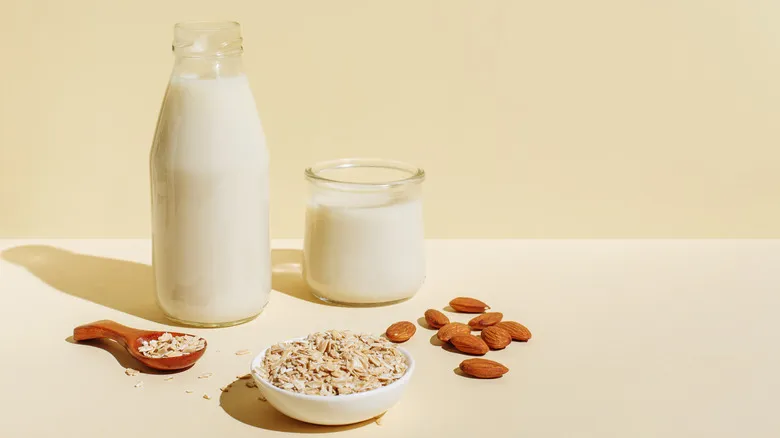But which dairy-free milk is best for baking?
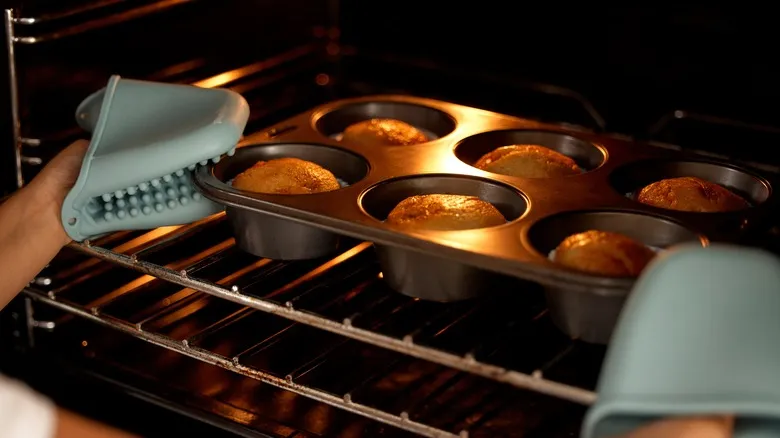
While it might seem unexpected to choose soy milk over oat or almond milk, it is actually the top non-dairy option for baking. You'll quickly notice that soy milk has a thick consistency similar to that of whole milk as soon as you pour it into a measuring cup. This thickness, while seemingly harmless, significantly affects the texture of your batter and ultimately alters the structure of the finished product. Additionally, soy milk has a relatively neutral flavor that blends well with the rich, sweet, and yeasty notes of your baked treats. Like almond milk, soy milk is available in unsweetened, original, and vanilla varieties, offering some creative options depending on your recipe.
Beyond its flavor and texture, what truly distinguishes soy milk from other non-dairy alternatives in baking is its protein content. Cakes and breads, in particular, require protein to create a light, airy texture and achieve a pleasing rise. Soy milk contains approximately the same amount of protein as whole milk (7 grams per cup compared to 8 grams in regular milk) and significantly surpasses other non-dairy milk options, which often lack sufficient protein. The protein in soy milk also aids in achieving a beautiful golden-brown color in baked goods, making it an excellent choice for plant-based baking.
Recommended
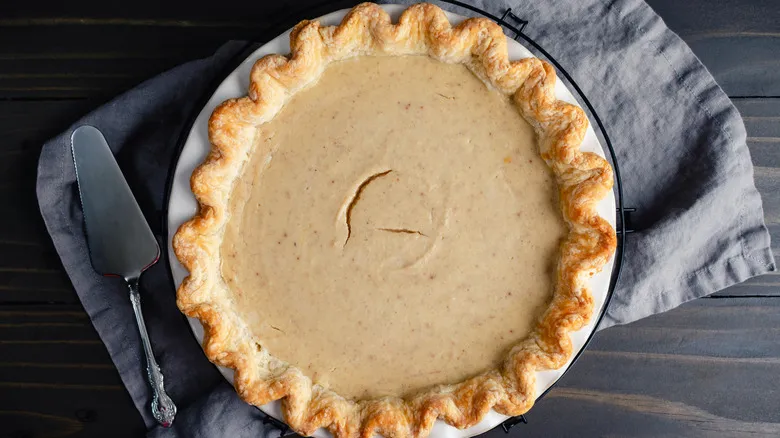
How To Save Your Pie Crust From Burning With A Piece Of Tin Foil
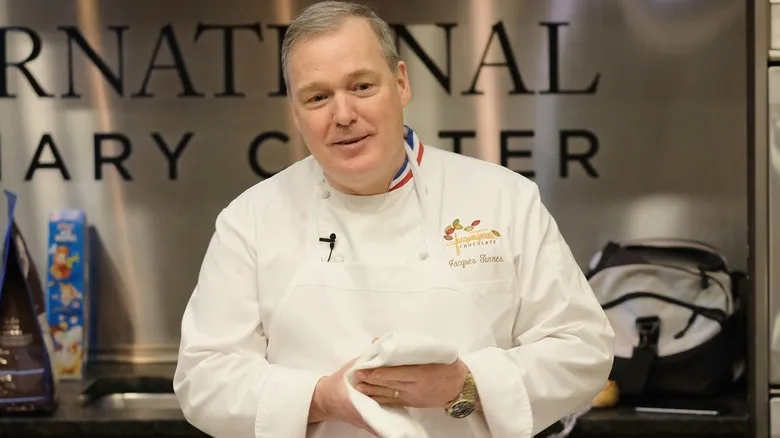
Use Chef Jacques Torres' Tip For Better Chocolate Chip Cookies
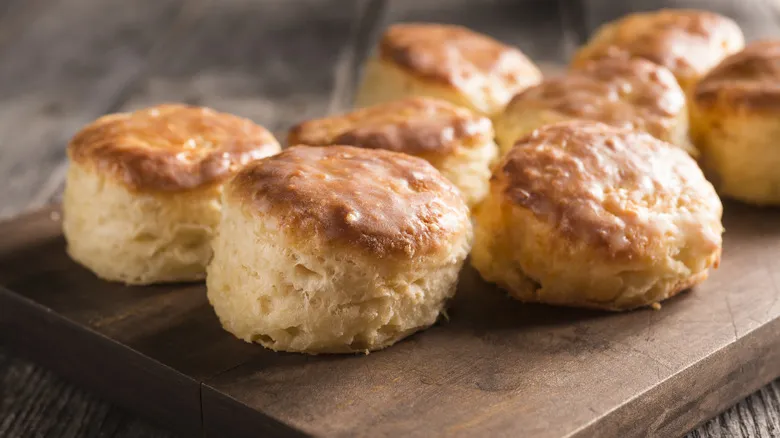
The Single Ingredient That Takes Store-Bought Biscuits To The Next Level

Frozen Bread Dough Is Your Shortcut To Homemade Cinnamon Rolls
Next up

